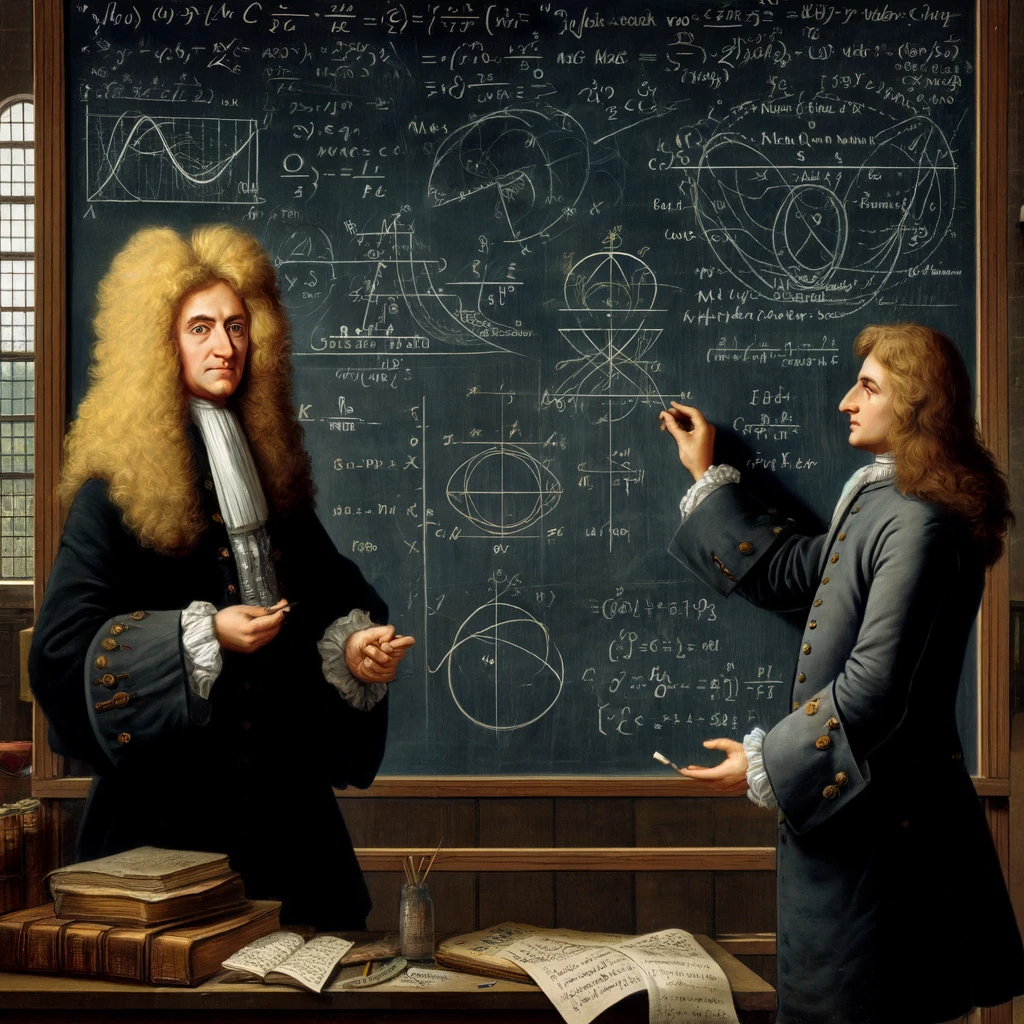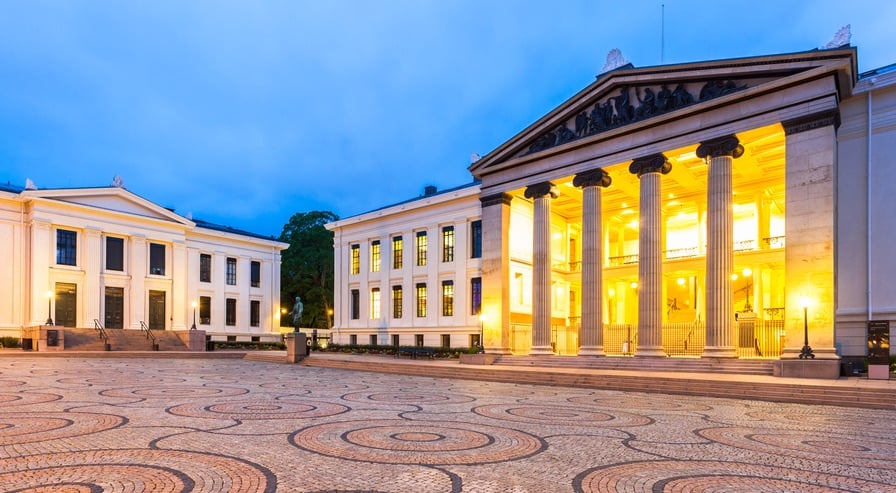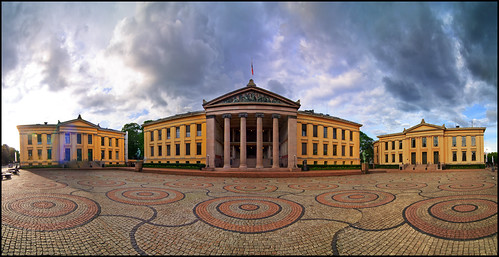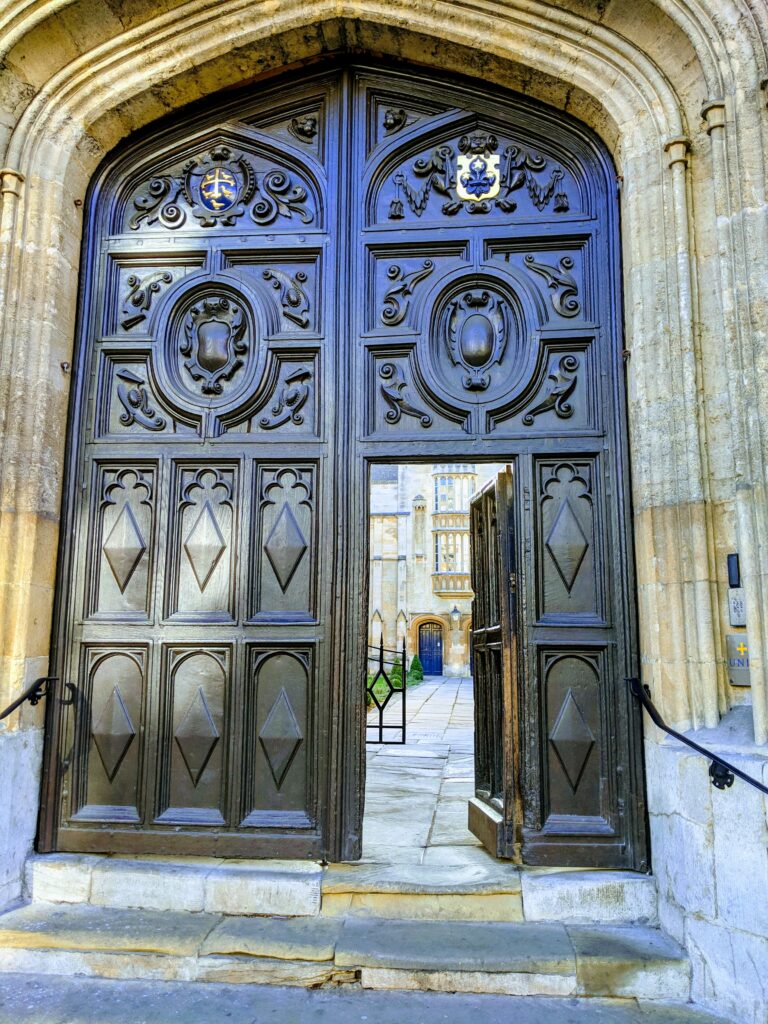This will be a talk for the (In)determinacy in Mathematics conference at the National University of Singapore, 20-22 November 2024

Abstract. I shall discuss the question whether we may regard determinateness of truth as flowing from determinateness of objects in a mathematical structure. I shall showcase several results in the model theory of set theory and arithmetic that seem to speak against this. For example, there are two models of ZFC set theory that share exactly the same arithmetic structure of the natural numbers ⟨ℕ,+,·,0,1,<⟩, what they each view as the standard model of arithmetic, but they disagree about which arithmetic sentences are true in that structure. There are models of ZFC set theory with the same arithmetic structure and the same arithmetic truth, but which disagree on truth-about-truth, or that agree on that, but disagree on higher levels of iterated truth, at any desired level. There are models of set theory with the same natural numbers and real numbers, but which disagree on projective truth. There are models of ZFC that have a rank initial segment Vθ in common, but they disagree about whether it is a model of ZFC. All these examples show senses in which determinateness about objects does not seem to cause determinateness about truth. (This is joint work with Ruizhi Yang.)













